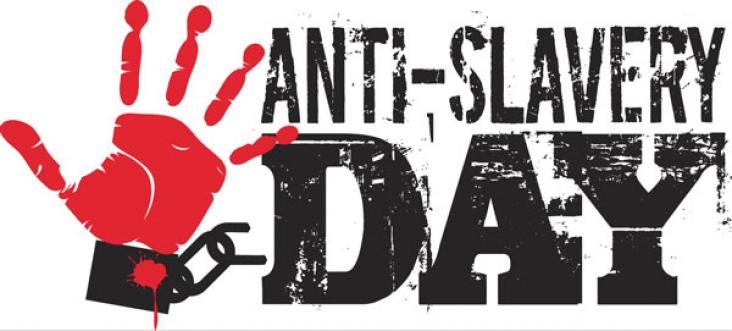Elsevier,
Albinism in Africa, Historical, Geographic, Medical, Genetic, and Psychosocial Aspects, 2018, Pages 257-270
This chapter advances SDGs 10, 11, and 16 by identifying key challenges facing people with albinism and tested strategies for confronting these.
This book chapter ties into SDG10 and 13 by investigating how climate change is causing environmental issues, has direct consequences on public health and indirect consequences due to food insecurity, stress migration, and collective violence. There is substantial social injustice both at global and local level, with climate change having a disproportionate adverse effect on poor people, minorities, women, children and older people.
Background West Africa has the highest proportion of married adolescents, and the highest adolescent childbirth rate and maternal death rate in sub-Saharan Africa.
This article explores queer(ed) punk scenes, primarily in Australia.
The Government's scheme for individuals to apply for tribunal fees refunds has been rolled out to all applicants, after a "successful opening phase of the scheme". This reduces inequalities between richer and poorer employees and between richer companies and poorer employees contributing to SDG 10.
Background There has been a growing interest in disability and poverty on the international research and policy stages.

Modern slavery risks have risen across the world over the last year, including in 20 of the 28 member states of the EU. On Anti-Slavery Day, this blog looks at the increased risks and numbers of victims of forced labour in supply chains, and how to mitigate these risks contributing to goal 8 (decent work and economic growth).
Elsevier,
International Review of Research in Developmental Disabilities, Volume 52, 2017, Pages 37-74
This content addresses SDGs 3 and 10 by examining the effectiveness of intervention trials that target the development of friendship, peer networks, and discrete social skills (e.g., engagement, social initiations) in young children with ASD using both single subject research designs (SSRDs) and randomized controlled trials (RCTs).
Elsevier,
International Review of Research in Developmental Disabilities, Volume 52, 2017, Pages 141-174
Conversations about inclusive education have dominated discussions within the field of severe disabilities for more than four decades. Parents, educators, advocates, policymakers, researchers, and other stakeholders have all wrestled with—and vigorously debated—a progression of intriguing interrogatives. This content addresses SDGs 3 and 10 by addressing peer support arrangements as a promising and practical approach for supporting students with severe disabilities to access the myriad social and learning opportunities available within inclusive secondary school classrooms.
